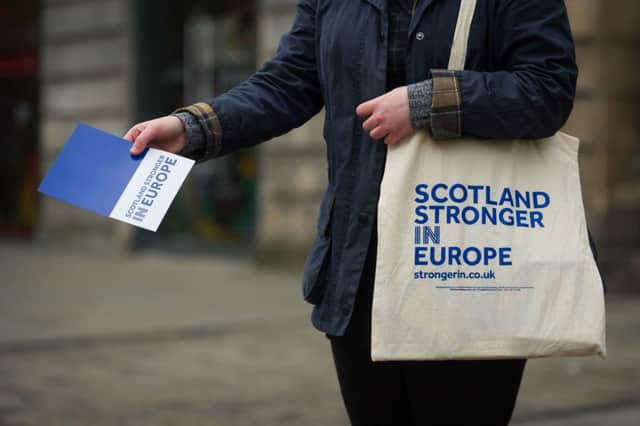Michael Dean: Time we're told alternative to the EU


We need to assess the alternative opportunities: the benefits or detriments of being in, balanced with the consequences of being out. Much needs to be done by the UK government to let us know what “elsewhere” looks like.
What the EU regulates in the UK would mostly have to be regulated by equivalent UK rules. Before we joined the EU, competition law was a joke, and subject to political interference. In the area of UK state aid, even now we have few remedies and little interest in dealing with unfair competition from the public sector, where EU law does not apply.
Advertisement
Hide AdAdvertisement
Hide AdFor serious enforcement and compliance with economic and business law, we often depend on the EU to provide a robust framework of rules to embolden the courts to keep government honest.
The same goes for social, environmental and employment law, which has been determined at the European level. The options in the event of a vote to leave the EU are totally unclear. And what happens to the rights of EU workers here, on whom our businesses so often depend?
Then there is the issue of possible membership of the European Free Trade Association and European Economic Area. European Economic Area members, such as Norway, have to adopt EU legislation over which they have no veto, so even that brings compromises over sovereignty.
There is also a mixed bag including equality of treatment for non-eurozone banks, budgetary protection from euro zone shocks, more say for national parliaments, and child benefit for EU workers’ families remaining at home adjusted to their local standard of living, The uncertainties seem endless; the complexity of what could lie ahead is unprecedented.
l Michael Dean is a partner and head of the EU competition and regulatory team at Maclay Murray & Spens LLP, a full service UK commercial law firm